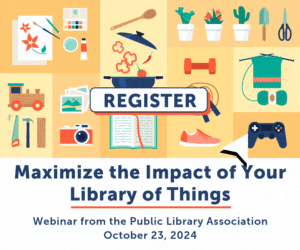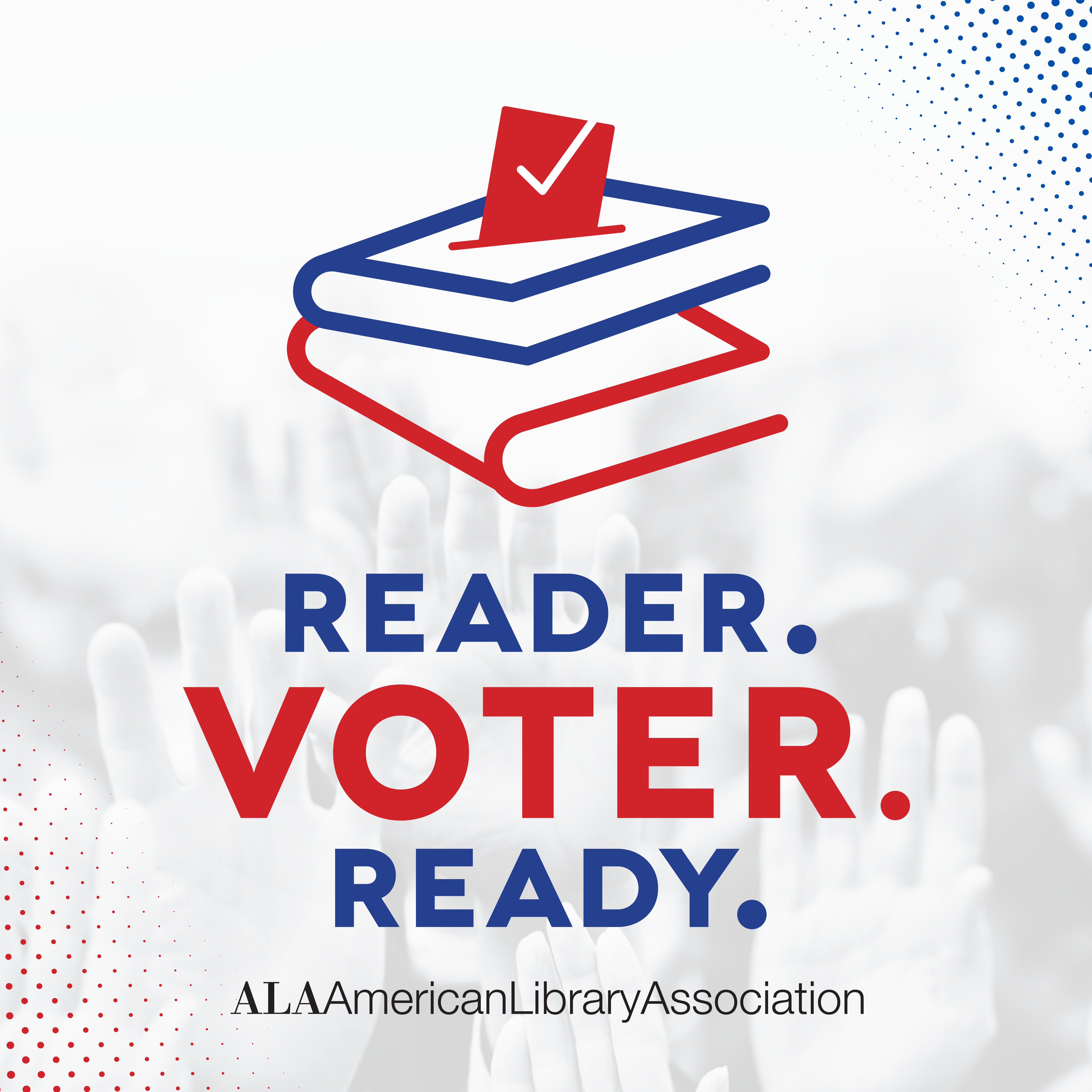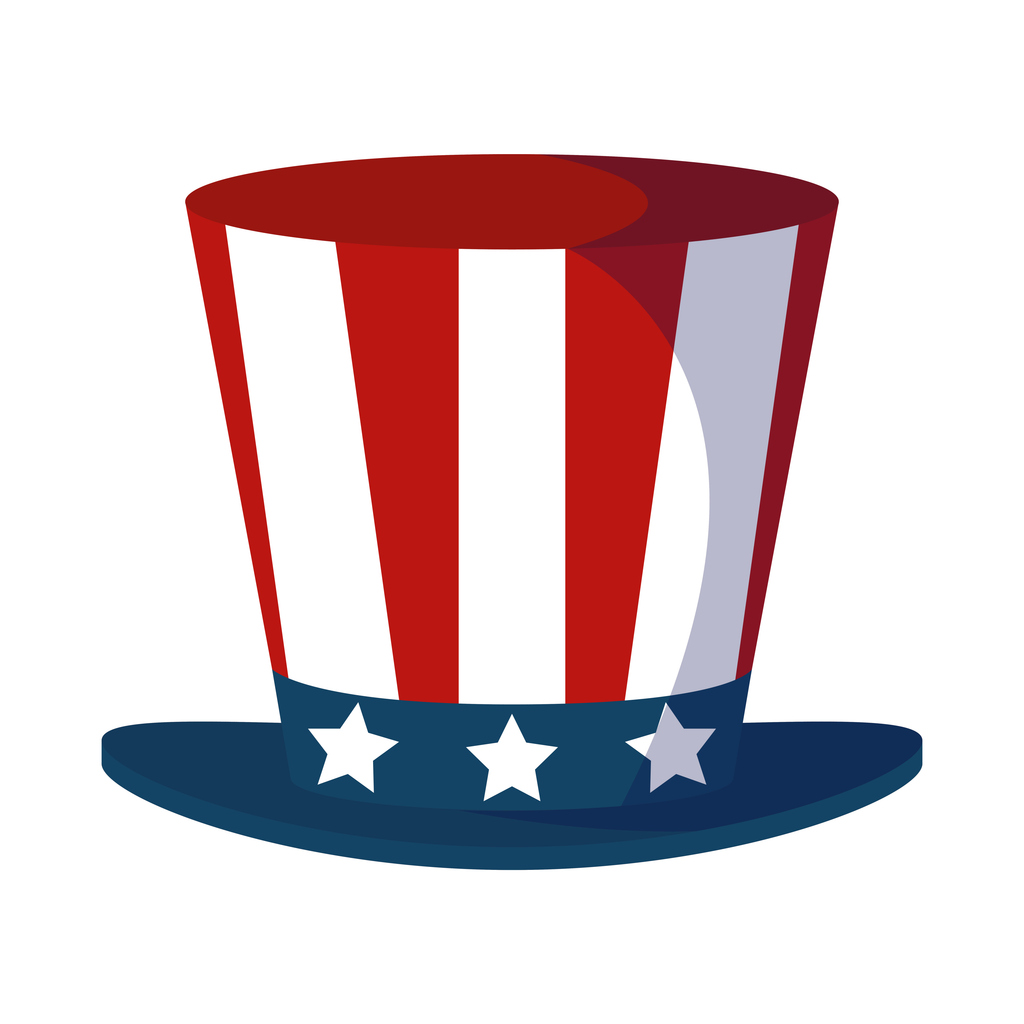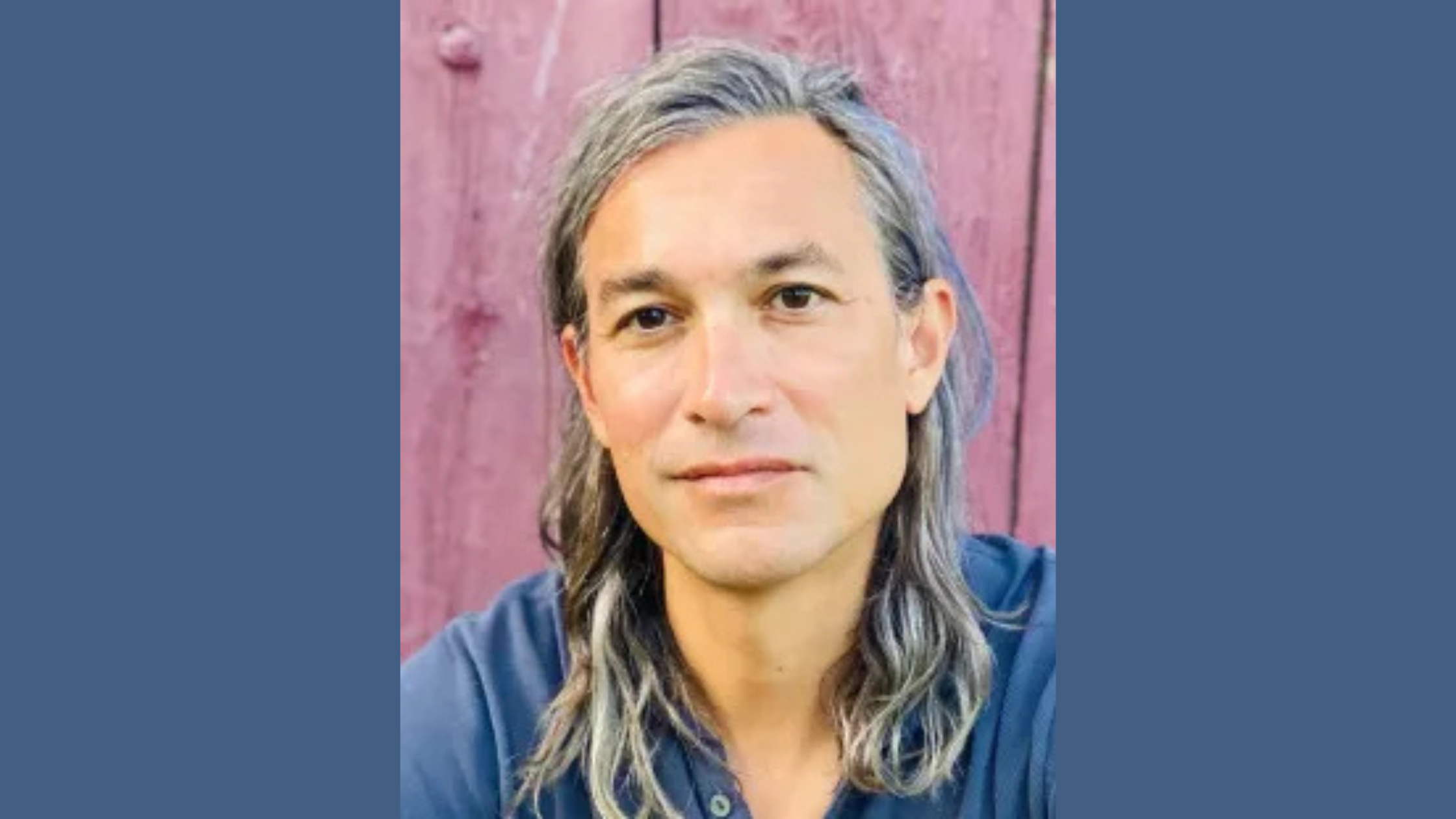A Librarian Walks Into a Bar…
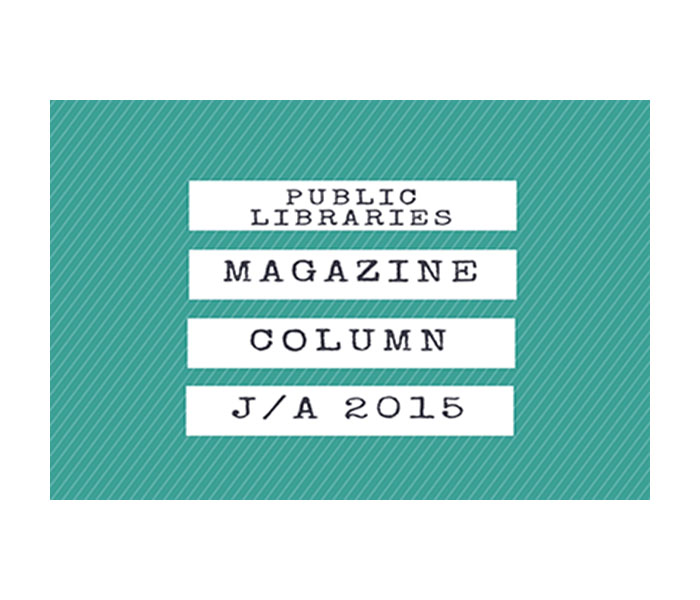
A Librarian Walks Into a Bar . . .
President’s Message
PUBLIC LIBRARIES JULY/ AUGUST 2015
PLA President Vailey Oehlke is Director of Libraries for Multnomah County (OR) Library in Portland.
Contact her at vaileyo@multcolib.org.
I knew just how I was going to begin this column. And that’s the problem. I was going to talk about the critical juncture in the history of public libraries at which we find ourselves today. I knew this venue would offer an opportunity to create urgency around how we in public library service must band together and shift the narrative about public libraries to ensure the lasting relevance of libraries to the communities they serve.
But then, I considered one of the wisest mantras I’ve learned in my career and in my life, courtesy of David King of the Harvard Kennedy School: “Maybe I’m wrong.”
I was about to do something that can be endemic in our profession: make an assumption based on an assumption. Because, after all, we’re purveyors and curators of information. Librarians should know these things, right?
We’re experts on the needs of the people who approach us for assistance each day in 9,000 public libraries—large and small, urban and rural—across the United States. From this, I think, we can derive a false sense of certainty. We think we know. But, more precisely, we’re only experiencing
that which presents itself to us. How do we know the wants and needs of the more than half of the patrons in communities like my own who use the library without ever walking through one of its doors?
How do we know the wants and needs of the often large segments of the population that support the public library through tax dollars but don’t actively use it? In many communities, libraries have depended on these people’s votes to keep budgets relatively stable and services whole. Elsewhere, too, these sections of the population might be the key to winning support now or down the road.
What the public library means to such a broad and heterogeneous group of people is vital not only in how we inspire support during election time, but also much more fundamentally. What our communities see as the highest and greatest potential for public libraries should really be the target at which we’re aiming our collections, programming, staffing models, and competencies. That’s heady stuff to ponder.
So I headed to my favorite watering hole. I arrived right around dinner time. Fortunately there was one seat open, next to a middle-aged woman in active conversation with the gentleman to her right. Evan, my favorite barkeep, happened to be on duty and greeted me with his predictable
salutation: “The usual?” I smiled at the comfort of familiarity and nodded my assent. He whipped me up his custom-made, off-menu cocktail, and I settled in with The New Yorker in my eternal quest to stay current.
My thoughts kept turning to this column and when the conversation to my right appeared to be at a lull, I asked my neighbor if she used the library. She said she hadn’t in years and, besides, libraries are less critical than they used to be . . . the Internet . . . well, you know the rest. So I asked her a slightly different question: What is the most amazing thing the public library could do? Her answer: Check out e-books. Then she went on to describe, with great sentimentality, the library of her youth—complete with a bookmobile.
I challenged several of my colleagues to ask that same question of others as they were out and about. They fanned out to query perfect strangers on street corners, in grocery stores, at the school playground and, yes, in bars. There were some interesting responses—use drones to deliver
books, serve beer, end homelessness, end illiteracy, check out human experts—but for the most part, what folks envisioned as “amazing” turned out to be not too far off from what libraries are already doing.
On a recent flight from Portland to a library conference, I sat next to a very nice man named Jimmy, a father of three. He recently moved to Portland from Phoenix and was looking forward to fly fishing on the Deschutes River. After I told him I worked at a library, he regaled me with memories of the library of his youth. He said he wonders about libraries in the Internet age. In time I got around to my question—one amazing thing—and he
couldn’t answer it. I asked if he would use the library if he could check out fishing flies and equipment. He lit up and speculated that he might rack up too many late fees.
In Rising to the Challenge: Re-Envisioning Public Libraries, the Aspen Institute posits that “perhaps the greatest challenge facing public libraries today is to transform their service model to meet the demands of the knowledge society while securing a sustainable funding base for the future.”[1] Changing the service model of such an iconic institution without alienating funders, whose perception of that institution is deeply informed by decades- old experiences, is a staggering challenge.
And libraries aren’t alone. I often look to the newspaper industry as a traveling companion on this unpredictable journey. Writer Clay Shirky often muses on the future of journalism. I find his blog post, “Newspapers and Thinking the Unthinkable” replete with fodder for our library
musings.[2] He writes of “revolution” and unthinkable realities. “That is what real revolutions are like,” he offers. “The old stuff gets broken faster than the new stuff is put in its place. The importance of any given experiment isn’t apparent at the moment it appears; big changes stall, small changes spread. Even the revolutionaries can’t predict what will happen.”[3]
The notion of a revolution, an existential crisis perhaps, is and should be disconcerting for those of us in what has been a staid profession for so long. Dire trappings aside, this is an incredibly exciting challenge. Everyone working in public libraries has a unique, perhaps historic, opportunity to shape what a library is, can, and will be. Do we know what actions we can take to make this happen? Surely it will require that we pay attention, listen, and adapt according to what our communities need and want. To effect changes that will make forward-looking ideas of library service viable and supported by our communities, we need to execute a tremendous balancing act.
What became clear to me in my conversations with strangers, and from similar exchanges reported by my colleagues, was a conclusion that should surprise none of us: People have very definite ideas of what libraries are/aren’t and should/shouldn’t be. Often, those notions are very outmoded
and deeply nostalgic. As Shirky notes, perhaps they wish “to be told that we are not living through a revolution. They are demanding to be told that old systems won’t break before new systems are in place. They are demanding to be told that ancient social bargains aren’t in peril, that core
institutions will be spared, that new methods of spreading information will improve previous practice rather than upending it.”[4]
So, maybe it’s the subject of public libraries that compels people (customers and staff alike) to land on answers quickly without revisiting our own experiences and assumptions. For those of us on the inside, our thinking is based on the needs and desires of the people with whom we interact
every day. For patrons, libraries may mean computer time or the familiarity of that one section of the holds shelf. For nonpatrons, thinking about libraries may derive from memories of childhood, bookmobiles, and precious time spent with people who are no longer in our lives.
Whatever our perspective may be, public libraries mean different things to different people. In a time when change is happening faster than ever, how can we help shape a narrative that unifies so many different experiences? How do we capture the dynamic nature of what we are and will become
without inciting fear that we’ve abandoned what people hold most dear? Is that even possible?
For millennia, libraries did essentially one thing and they did it very well. But the librarian-as-gatekeeper-to-knowledge era is behind us. Not only do we need to catch up to that in terms of public perception, we must get ahead of changes we can’t yet anticipate. We need to toe to a very fine line between honoring what was and creating what will be. This won’t be easily accomplished. It will require the courage to venture beyond what our communities can imagine. It will require experimentation and a willingness to get it wrong. While our stakeholders look on.
It will also mean shifting the narrative about public libraries—their value and their impact. Imagine if every elected official, CEO, teacher, and taxpayer believed that “libraries are essential to success and progress in the digital age.”[5] To paraphrase Joey Rodger, former PLA and
Urban Libraries Council executive director, imagine if people thought of libraries as not being in the library business but in the community business, first and foremost. This is possible, but time is passing quickly.
We need to create a sense of urgency in our profession about telling our own story in different ways. We must empower ourselves to experiment, in ways that are modest or bold, and even to fail occasionally. This is especially important because we can be certain that, at times, these acts may
be out in front of what our communities currently understand and support as “the public library.” Any of these acts might construe that one critical change we won’t fully appreciate until we have viewed it in retrospect.
And maybe we should serve beer and end homelessness. I believe that would be amazing. But maybe I’m wrong.
References
1. Aspen Institute Dialogue on Public Libraries, Rising to the Challenge: Re- Envisioning Public Libraries (Wash., DC: Aspen Institute, Oct. 2014), executive summary, p. xii, accessed July 24, 2015, http://csreports.aspeninstitute.org/documents//AspenLibrariesReport.pdf.
2. Clay Shirky, “Newspapers and Thinking the Unthinkable,” Edge, Mar. 16, 2008, accessed July 24, 2015, https://edge.org/conversation/newspapers-and-thinking-the-unthinkable.
3. Ibid.
4. Ibid.
5. Aspen Institute Dialogue on Public Libraries, Rising to the Challenge.
Tags: library relevance, PLA President, Public Libraries magazine President's Message, shifting the narrative about public libraries, telling the library's story, Vailey Oehlke




